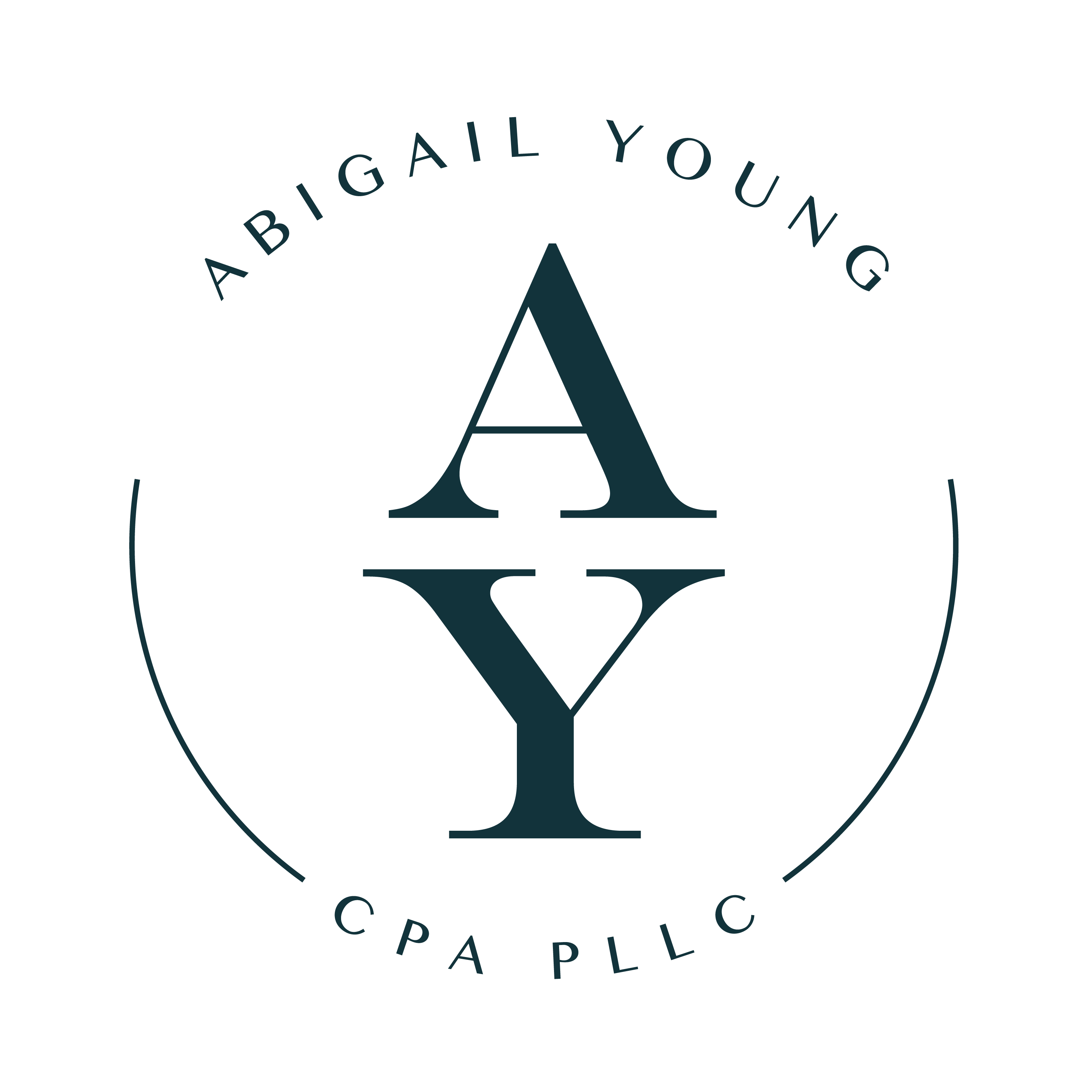Tax Day Is Coming! What Documents Do I Need to File My Taxes?
Tax Day is coming up on April 18th! In case you aren’t familiar, Tax Day is when state and federal taxes are due for most Americans. While the tax deadline has been extended in some states because of natural disasters, the vast majority of individuals and business owners will still need to file by the April 18th date.
Though there isn’t much time left, you don’t need to panic. Abigail Y. Murray, CPA PLLC, is here to help! What follows are the required tax documents you will need to gather to file before the tax deadline.
What Do I Need to File My Taxes?
Before you file your taxes, you’ll need to gather a few critical documents, including:
Identification
You will need identification documents in order to file your taxes. In most cases, all you need is the full legal name and social security numbers of any individuals who will be claimed on your taxes, which means gathering social security cards.
Heads of households will also need photo IDs.
If you have an Individual Taxpayer Identification Number, you must also provide the assignment letter. If you’ve had an Identity Protection PIN assigned, you’ll need to provide your CPA or financial advisor with this information as well.
Last but not least, gathering your 2020 and 2021 tax returns will help to further streamline the process.
Sources of Income
The next thing the IRS will want to verify is all of your sources of income, which include:
- W-2 form(s): W2 forms are typically provided by your employer. If you have multiple jobs, you’ll need one from each job. Don’t forget to bring the W-2c if your employer made a mistake on your W-2.
- 1099 forms: 1099 forms cover nearly any type of income you may have received. If you’re self-employed you’ll need to provide your 1099. There are additional 1099-related forms that cover financial information from the sale of property to unemployment. Make sure you have a document for every way you made money in 2022.
- You’ll need to bring records of any expenses, particularly for your business, if you are self-employed. 1099-g for instance contains what you received from unemployment.
- Any income or losses from a business needs to be listed. This is where business accounting can provide meaningful support as they will have this information available to you.
Other Income Records
If you’ve made any other income during the year, you’re going to want to bring documentation to prove this. For instance, you will need to report rental income and any money made selling goods or services online.
Retirement and disability both have their own forms, so be sure you have the right documentation when filing personal income tax returns.
All of these income sources should have their separate 1099 forms.
Dependent Information
Dependent documentation and information will include:
- You’ll need birth dates and social security numbers for anyone you want to file as a dependent. If they’ve had a tax ID number assigned, you should list this as well.
- If your dependents make any income, they will also need proof of this to file.
- If you pay for childcare, you will need receipts and documentation for the total spent.
- If you are not the custodial parent, you’re going to need Form 8332 to show that the custodial parent is releasing their right to claim the child on their taxes.
Deductions
Tax deductions include things like charitable donations, childcare, medical expenses, education expenses, home ownership expenses, and state or local taxes, which help to reduce the taxes you owe.
If you keep up with your personal financial planning, it should be relatively easy to get this section done. As a business owner, you can trust a virtual Chief Financial Officer (vCFO) to help you secure this information.
Hate Tax Day? Let Abigail Y. Murray Help You!
Tax Day can be pretty stressful. Even if you bring in your documents to a tax preparer, you may still stress over whether you have everything you need – especially as a business owner.
That’s where a vCFO can be of tremendous help. A virtual Chief Financial Officer can handle your business accounting and make sure you’re prepared for taxes.
Don’t deal with your business or personal financial planning on your own. Let a trusted CPA provide the support and financial guidance you need.


